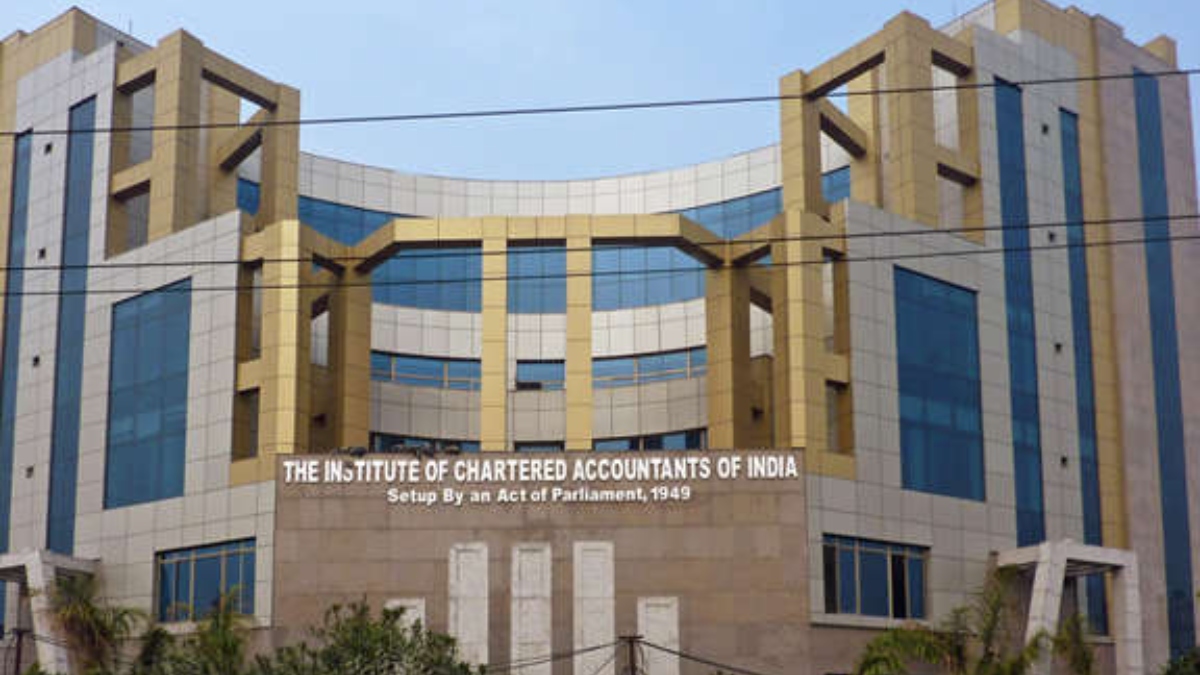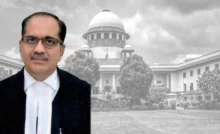The Division bench comprising of Justices Sanjiv Khanna and the Justice J.K. Maheshwari in the case of Shaji Paulose versus Institute of Chartered Accountants of India Transfer Case observed that on September 22 continued hearing the challenge against a rule issued by the Institute of Chartered Accountants of India barring members from accepting more than the “specified number of tax audit assignments” (at present, the upper limit is set at 60) in a financial year. Thus, this case is now being adjudicated almost two years after the Supreme Court had decided to withdraw similar writ petitions pending in different High Courts and authoritatively pronounce the law on the subject itself.
Facts of the Case:
In 1984, the compulsory tax audit regime was introduced by the insertion of Section 44AB in the Income-tax Act, 1961, which came into effect on April 1, 1985. However, this section of the Act made it obligatory for a person carrying on a business or a profession with total sales, turnover or gross receipts exceeding a certain threshold prescribed in any previous year in the Act, to get their accounts of such previous year audited by a Chartered Accountant. Under the section, the condition laid down is fulfilled only when such an assessee procures a report of the audit in the prescribed form duly signed and verified by the Chartered Accountant before a specified date.
It was observed that only the accounts maintained by companies and cooperative societies were required to be audited under the Companies Act, 1956 and the Co-operative Societies Act, 1912 respectively, before 1985. Therefore, other categories of taxpayers were exempt from this obligation to get their accounts audited. Adding to it, the Section 44AB was enacted primarily to counter tax evasion and check fraudulent practices.
It stated that in 1988, in the exercise of the powers conferred by Clause (ii) of Part II of the Second Schedule to the Chartered Accountants Act, 1949, the Council of the Institute of Chartered Accountants of India had issued a notification which prohibits the members from accepting more than the specified number of tax audit assignments as provided under Section 44AB of the Income-tax Act, 1961 in a financial year. Further, in the case of a Chartered Accountant firm, this limitation would be applicable to each partner. In the notification it was categorically stated that non-compliance with the said provision would result in the delinquent member being held guilty of ‘professional misconduct’. The Chartered Accountants Act, 1949 was amended by the Parliament in 2006, after which the impugned notification was superseded by Guidelines issued on August 8, 2008.





